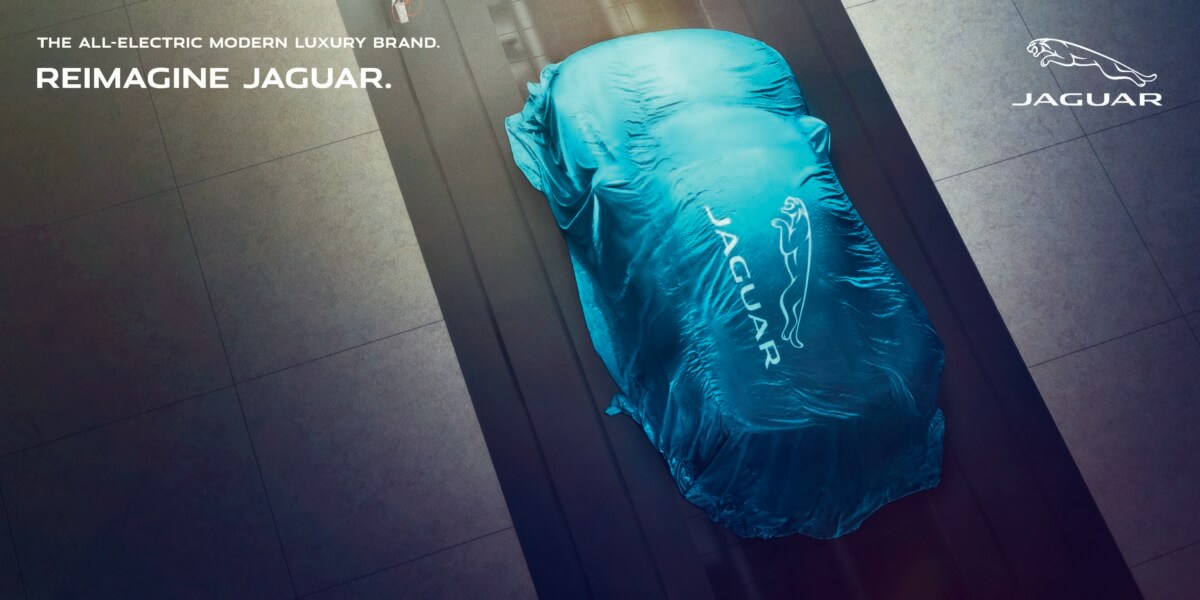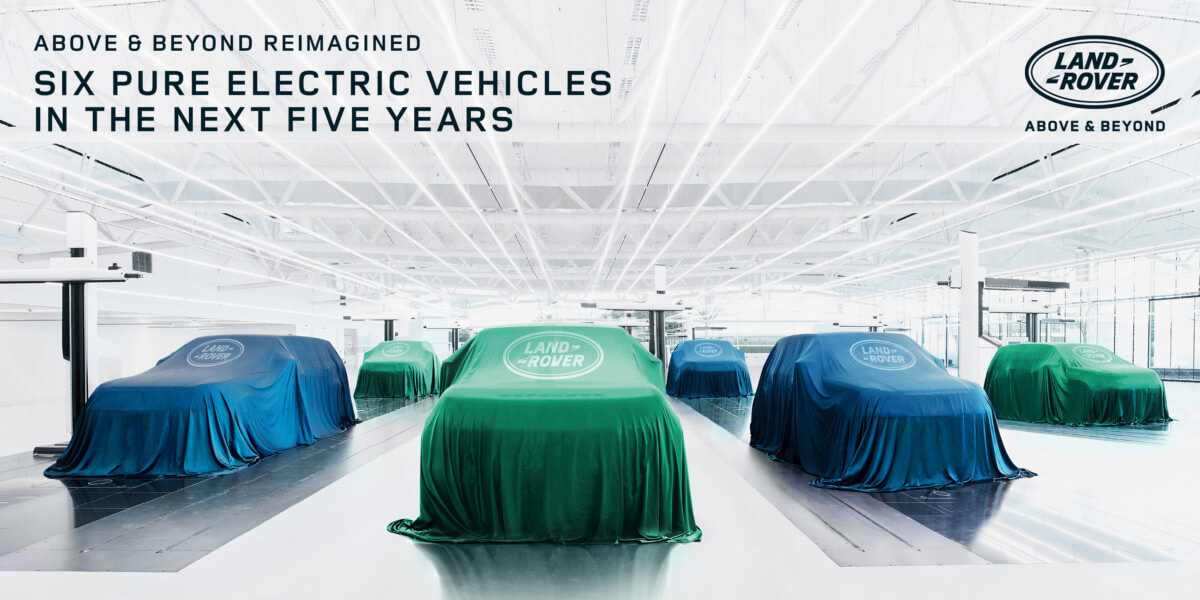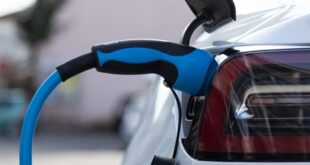To meet the UK’s upcoming stricter emission regulations, Jaguar aims to become fully electric by 2025.
Recently, the UK announced that from 2030, no new vehicles produced should be equipped with conventional internal combustion engines. This announcement was made to completely eliminate carbon emissions and switch the focus to renewable energy instead. Needless to say, these new regulations affected the plans of many automakers, encouraging them to produce more sustainable and environment-friendly vehicles.
In order to comply with these new regulations, British luxury brand Jaguar Land Rover announced on Monday that it will become a 100% electric brand by 2025. Looking at Jaguar’s experience in the EV field, it’s not hard to figure out that the automaker can potentially gain a more significant market share. So far, Jaguar has introduced one electric vehicle, the I-Pace SUV, and it has already garnered quite a success on the market.
The decision to become fully electric by 2025 is part of a new strategy to get Jaguar back on its feet. Jaguar CEO Thierry Bolloré aims to achieve zero carbon emissions by the end of 2039, which means that not only will the manufacturer only produce zero-emission vehicles but also significantly reduce factory emissions and offset what’s left. Over the next five years, the automaker plans to introduce a total of 6 EV variants, with the first one scheduled to make its debut in 2024.
Moreover, Bolloré confirmed that the automaker will keep all three of its plants in the UK open as part of this new strategy. He also made it clear that Jaguar is not planning to develop an EV version of its flagship XJ model at the Castle Bromwich plant. This plant will work towards non-production activities rather than focusing on developing cars from now on.
With around $3.5 million in investment every year towards electrification, it looks like the brand is making an ambitious decision. However, with stricter regulations just around the corner, Jaguar doesn’t really have much choice but to shift its focus towards developing EVs.
It’s a good thing anyway, right?









